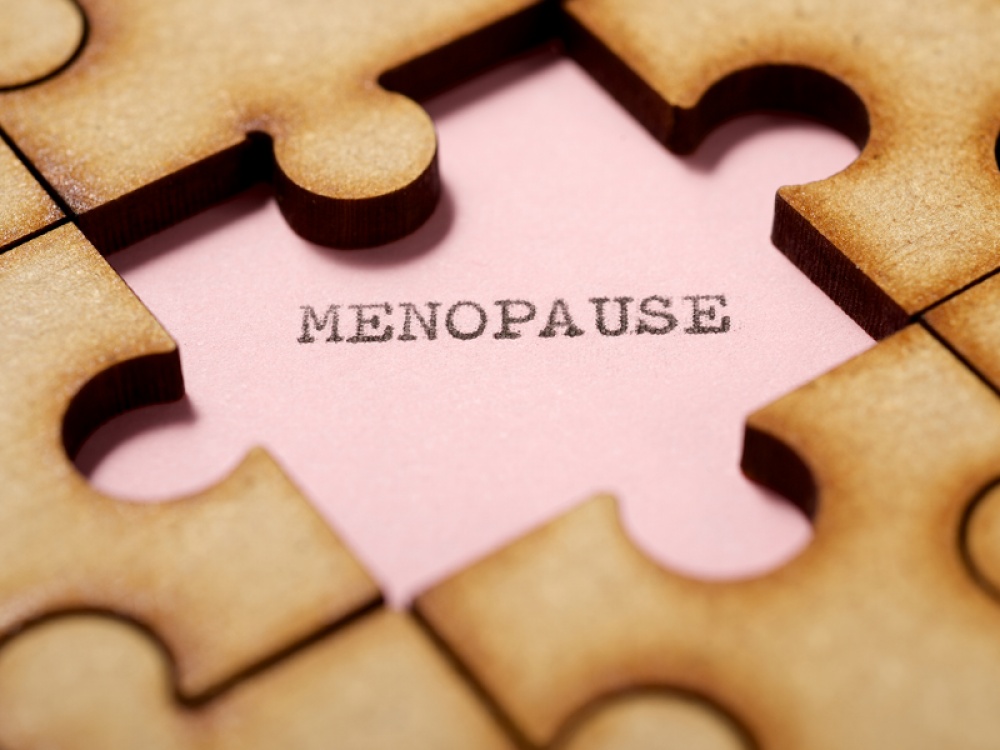What is a Menopause Doula and Do We All Need One?

What was once a Californian trend is now firmly on our shores
Basically we are talking midlife coaches who can help guide you through what is now openly recognised as a tricky time of life for women. And for those who suffer from the myriad of symptoms menopause can bring, then perhaps the idea of having someone on hand, helping you understand what is going on and guide you through the thick of brain fog is not such a silly idea. Could a doula be the missing piece to better navigating the menopause?
There are now dozens of doulas in the UK. Birth and death doulas are more common, but a menopause doula is a non-medically trained female who wants to help others by sharing what she went through, so helping you understand more.
The Menopause School offers doula training which it outlines as ‘teaching and passing on knowledge’ in the belief you can’t manage what you don’t understand, and ‘nurturing and support’. Knowing that there is someone you can reach out to to receive ongoing guidance and that you are not alone is, they believe, comforting and more importantly enables better informed choices.
Reams have been written about how women have been ignored and even sidelined when it comes to understanding and treating menopause symptoms. HRT is now trending thanks to celebrities such as Davina McCall (who has become a leading voice raising issues and discussing menopause symptoms) and many others have helped shift the menopause debate. They are advocates of HRT but HRT isn’t for everyone – it’s certainly no silver bullet. Some women are unable to take it for medical reasons, it doesn’t suit everyone and often doesn’t alleviate symptoms such as brain fog and anxiety. Some GPs are still loathe to prescribe it and are slow to follow up. Some misdiagnose early symptoms and often prescribe antidepressants (I know it happened to me) but they’re not experts in women’s health and it’s not always easy to recognise, certainly for perimenopausal symptoms, just what is going on.
A simple thing such as greater understanding of what is happening to your body has been clinically shown to help many women navigate this tricky period, when they’re often expected to function at a higher level than before, and yet can feel overwhelmed by the smallest thing.
A doula will take a more holistic approach to your health, looking at diet and exercise, as well as advising on tools such as meditation and mindfulness to help manage symptoms. Interestingly enough, a new report suggests that both should be available on the NHS to help treat menopausal symptoms.
Many of us may feel we don’t need a doula to tell us that lifestyle changes are key to mitigating some of the symptoms of menopause and perimenopause. Regular exercise, including strength training, protecting sleep patterns and eating well for better gut health are all readily recognised as a vital part of remaining healthy, but what a doula does is help you find the right path through the confusion and noise around menopause.







